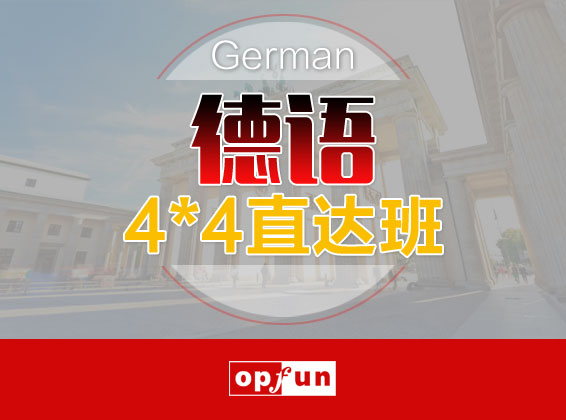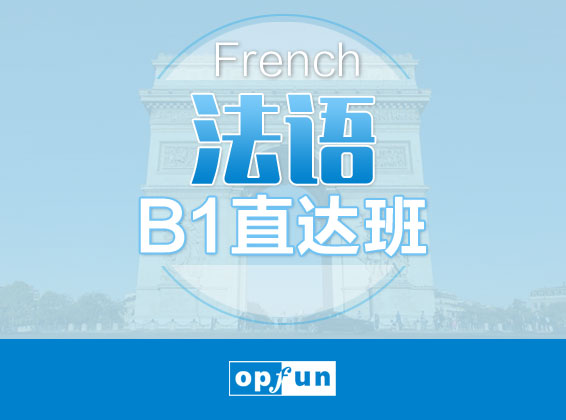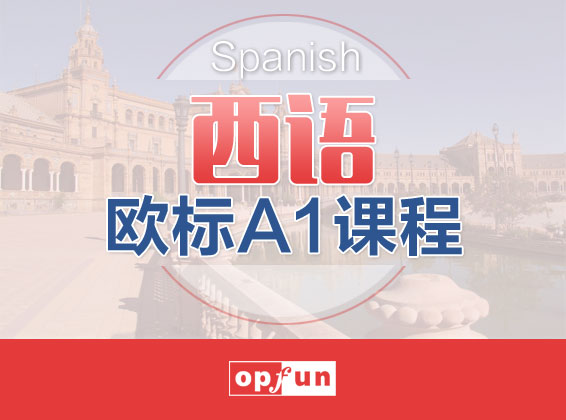|
意大利語(yǔ)語(yǔ)法是意大利語(yǔ)學(xué)習(xí)中的難點(diǎn),語(yǔ)法掌握不好,就無(wú)法準(zhǔn)確流利地使用意大利語(yǔ)。今天南京意大利語(yǔ)培訓(xùn)小編帶大家一起來(lái)看一看意大利語(yǔ)形容詞的排序。 In general Italian adjectives follow the noun: è una lingua difficile. (It is a difficult language.) Marina è una ragazza generosa. (Marina is a generous girl.) Certain common adjectives, however, generally come before the noun: Anna è una cara amica. (Anna is a dear friend.) Gino è un bravo dottore. (Gino is a good doctor.) è un brutt'affare. (It's a bad situation.) The most common adjectives that come before the noun are listed in the table below.
But even these adjectives must follow the noun for emphasis or contrast, and when modified by an adverb: Oggi non porta l'abito vecchio, porta un abito nuovo. (Today he is not wearing the old suit, he is wearing a new suit.) Abitano in una casa molto piccola. (They live in a very small house.) |
||||||||||||||||||||||||||||||
文中圖片素材來(lái)源網(wǎng)絡(luò),如有侵權(quán)請(qǐng)聯(lián)系刪除






